1. The Effects of Sleeping on a Bad Mattress on Your Health
Did you know that the quality of your mattress can have a significant impact on your health? Many people underestimate the importance of a good mattress, but the truth is, sleeping on a bad mattress can lead to a variety of health issues.
One of the main effects of sleeping on a bad mattress is the strain it puts on your body. A sagging or lumpy mattress can cause discomfort and lead to back pain, neck pain, and joint pain. This can make it difficult to get a good night's sleep and leave you feeling tired and irritable the next day.
In addition, a bad mattress can also affect your sleep quality. When you are not properly supported, you may toss and turn throughout the night, causing disruptions in your sleep cycle. This can lead to a lack of deep sleep, which is essential for restoring and repairing your body.
To ensure your health is not compromised by your mattress, it is important to invest in a quality one that provides proper support and comfort for your body.
2. How a Bad Mattress Can Affect Your Sleep Quality
As mentioned, a bad mattress can have a significant impact on your sleep quality. In addition to causing discomfort and pain, a bad mattress can also disrupt your sleep cycle. This can lead to a variety of sleep issues, including insomnia and sleep deprivation.
When your body is not properly supported, you may find yourself constantly shifting positions throughout the night in an attempt to find a comfortable spot. This can cause frequent awakenings, preventing you from getting the deep and restful sleep your body needs.
Furthermore, a bad mattress can also contribute to sleep apnea, a sleep disorder in which a person's breathing is interrupted during sleep. This can result in loud snoring, gasping, and pauses in breathing, all of which can disrupt your sleep and lead to daytime fatigue.
Investing in a good quality mattress can help improve your sleep quality and promote better overall health.
3. The Link Between a Bad Mattress and Back Pain
According to experts, one of the most common effects of sleeping on a bad mattress is back pain. When your mattress does not provide proper support for your body, it can cause strain on your back muscles and spine, leading to pain and discomfort.
In particular, a sagging or soft mattress can cause your spine to sink into the bed, creating an unnatural curvature and putting pressure on your back muscles. Over time, this can lead to chronic back pain and even spinal issues.
If you are experiencing back pain, it may be worth considering if your mattress is the culprit. Investing in a firmer and more supportive mattress can help alleviate your pain and improve your overall posture and spinal alignment.
4. The Negative Impact of Sleeping on a Bad Mattress on Your Body
Aside from back pain, sleeping on a bad mattress can also have negative effects on other parts of your body. For example, a worn-out mattress can cause discomfort and stiffness in your neck, shoulders, and hips.
Additionally, a bad mattress can also worsen conditions such as arthritis or fibromyalgia, as it does not provide the necessary support for your body to rest and recover.
Over time, these issues can worsen and lead to more serious health problems. By investing in a good quality mattress, you can prevent these negative impacts on your body and promote better overall health and well-being.
5. Tips for Choosing the Right Mattress to Avoid Negative Effects on Your Sleep
Now that we have established the negative effects of sleeping on a bad mattress, it is important to know how to choose the right mattress to avoid these issues.
First and foremost, consider your preferred sleeping position. Different sleeping positions require different levels of support. For example, back sleepers may benefit from a firmer mattress, while side sleepers may prefer a softer one to cushion their pressure points.
Next, look for a mattress that provides proper support for your body. This means that your spine should be properly aligned while lying down, and your body should feel evenly supported without any noticeable pressure points.
Finally, consider investing in a mattress with a trial period. This will allow you to test the mattress and ensure it is the right fit for your body and sleeping habits before committing to a purchase.
6. The Connection Between a Bad Mattress and Insomnia
Insomnia is a common sleep disorder that can have a significant impact on your health and well-being. Interestingly, a bad mattress can contribute to the development or worsening of insomnia.
As mentioned, a bad mattress can disrupt your sleep cycle and prevent you from getting the deep sleep your body needs. This can lead to difficulty falling asleep, frequent awakenings, and overall poor sleep quality.
In turn, this can worsen or trigger insomnia, leading to a vicious cycle of poor sleep and worsening health. By investing in a good quality mattress, you can break this cycle and improve your chances of getting a good night's sleep.
7. The Importance of Replacing Your Mattress to Avoid Negative Effects on Your Health
Many people tend to hold onto their mattress for far too long, not realizing the negative impact it can have on their health. As a general rule, mattresses should be replaced every 7-10 years, depending on the quality and type.
Over time, mattresses lose their support and can become a breeding ground for bacteria and allergens. This can lead to respiratory issues and worsen allergies, causing further negative effects on your health.
To avoid these issues, it is important to replace your mattress regularly. This will not only improve your sleep quality but also prevent any potential health issues caused by a worn-out mattress.
8. How a Bad Mattress Can Contribute to Allergies and Respiratory Issues
As mentioned, a bad mattress can become a haven for bacteria, dust mites, and other allergens. This can lead to allergies, respiratory issues, and even asthma attacks.
Furthermore, a sagging or worn-out mattress can also trap moisture and promote the growth of mold, which can have negative effects on your respiratory health.
To avoid these issues, it is important to regularly clean and maintain your mattress, as well as replace it when necessary.
9. The Effects of Sleeping on a Bad Mattress on Your Mental Health
In addition to physical health, sleeping on a bad mattress can also have negative effects on your mental health. Poor sleep can lead to mood swings, irritability, and difficulty concentrating, which can impact your overall well-being and productivity.
In severe cases, chronic sleep issues caused by a bad mattress can even contribute to the development of depression and anxiety.
By investing in a comfortable and supportive mattress, you can promote better sleep and improve your mental health.
10. The Long-Term Consequences of Continuously Sleeping on a Bad Mattress
Lastly, it is important to note the long-term consequences of continuously sleeping on a bad mattress. As mentioned, it can lead to chronic pain, sleep disorders, and other health issues.
Furthermore, poor sleep can also weaken your immune system and increase your risk of developing chronic diseases such as diabetes and heart disease.
By taking care of your mattress and replacing it when necessary, you can avoid these long-term consequences and maintain good overall health and well-being.
In conclusion, the effects of sleeping on a bad mattress can have a significant impact on your health, both physically and mentally. By investing in a good quality mattress and replacing it regularly, you can promote better sleep and improve your overall well-being. Don't underestimate the importance of a good night's sleep and make sure to give your body the rest and support it deserves.
The Importance of a Good Mattress for Quality Sleep

Why a Bad Mattress Can Affect Your Sleep
 A good night's sleep is essential for maintaining our physical and mental well-being. However, many of us struggle to get enough quality sleep, and one of the factors that can contribute to this issue is sleeping on a bad mattress. A
bad mattress
can refer to a mattress that is old, worn out, or simply not suited to your body's needs. Whatever the reason,
sleeping on a bad mattress
can have a significant impact on the quality of your sleep, which can then affect your overall health and daily life.
A good night's sleep is essential for maintaining our physical and mental well-being. However, many of us struggle to get enough quality sleep, and one of the factors that can contribute to this issue is sleeping on a bad mattress. A
bad mattress
can refer to a mattress that is old, worn out, or simply not suited to your body's needs. Whatever the reason,
sleeping on a bad mattress
can have a significant impact on the quality of your sleep, which can then affect your overall health and daily life.
The Negative Effects of Sleeping on a Bad Mattress
 First and foremost,
sleeping on a bad mattress
can lead to discomfort and pain. A
bad mattress
lacks proper support and cushioning, which can cause you to wake up with aches and pains in your neck, back, and joints. This not only affects the quality of your sleep but also makes it difficult for you to function well during the day.
Moreover, a
bad mattress
can also disrupt your sleep cycle. Our bodies go through different stages of sleep, including a deep sleep and REM sleep. These stages are crucial for rest and repair, and any interruptions can prevent us from getting the restorative sleep we need. A
bad mattress
can cause discomfort, tossing and turning, and even waking up in the middle of the night, all of which can disrupt our sleep cycle and prevent us from getting enough deep sleep.
Additionally,
sleeping on a bad mattress
can also lead to poor sleep hygiene. When we don't get enough quality sleep, we are more likely to feel fatigued, irritable, and have difficulty concentrating. This can affect our productivity, mood, and relationships. It can also lead to more serious health issues, such as chronic fatigue, depression, and obesity.
First and foremost,
sleeping on a bad mattress
can lead to discomfort and pain. A
bad mattress
lacks proper support and cushioning, which can cause you to wake up with aches and pains in your neck, back, and joints. This not only affects the quality of your sleep but also makes it difficult for you to function well during the day.
Moreover, a
bad mattress
can also disrupt your sleep cycle. Our bodies go through different stages of sleep, including a deep sleep and REM sleep. These stages are crucial for rest and repair, and any interruptions can prevent us from getting the restorative sleep we need. A
bad mattress
can cause discomfort, tossing and turning, and even waking up in the middle of the night, all of which can disrupt our sleep cycle and prevent us from getting enough deep sleep.
Additionally,
sleeping on a bad mattress
can also lead to poor sleep hygiene. When we don't get enough quality sleep, we are more likely to feel fatigued, irritable, and have difficulty concentrating. This can affect our productivity, mood, and relationships. It can also lead to more serious health issues, such as chronic fatigue, depression, and obesity.
The Solution: Investing in a Good Mattress
 The good news is that the negative effects of
sleeping on a bad mattress
can be easily avoided by investing in a good mattress. A good mattress should provide proper support for your body, alleviate pressure points, and promote healthy spinal alignment. It should also be comfortable and suited to your sleeping preferences, whether you prefer a firmer or softer mattress.
In conclusion,
sleeping on a bad mattress
can have a significant impact on your health and well-being. If you are experiencing discomfort, disrupted sleep, or poor sleep hygiene, it may be time to evaluate your mattress and consider investing in a new one. Your body and mind will thank you for it.
The good news is that the negative effects of
sleeping on a bad mattress
can be easily avoided by investing in a good mattress. A good mattress should provide proper support for your body, alleviate pressure points, and promote healthy spinal alignment. It should also be comfortable and suited to your sleeping preferences, whether you prefer a firmer or softer mattress.
In conclusion,
sleeping on a bad mattress
can have a significant impact on your health and well-being. If you are experiencing discomfort, disrupted sleep, or poor sleep hygiene, it may be time to evaluate your mattress and consider investing in a new one. Your body and mind will thank you for it.

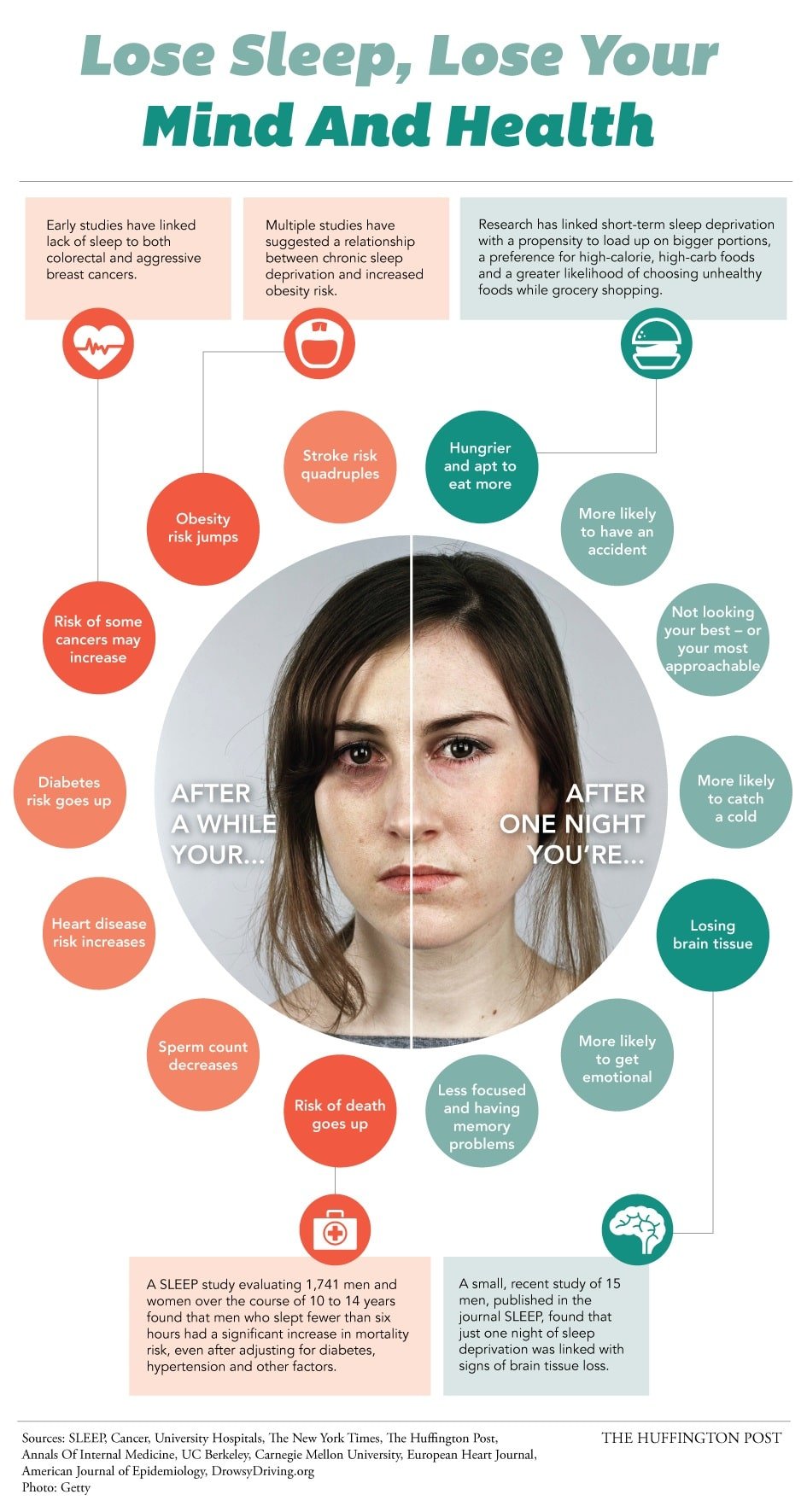
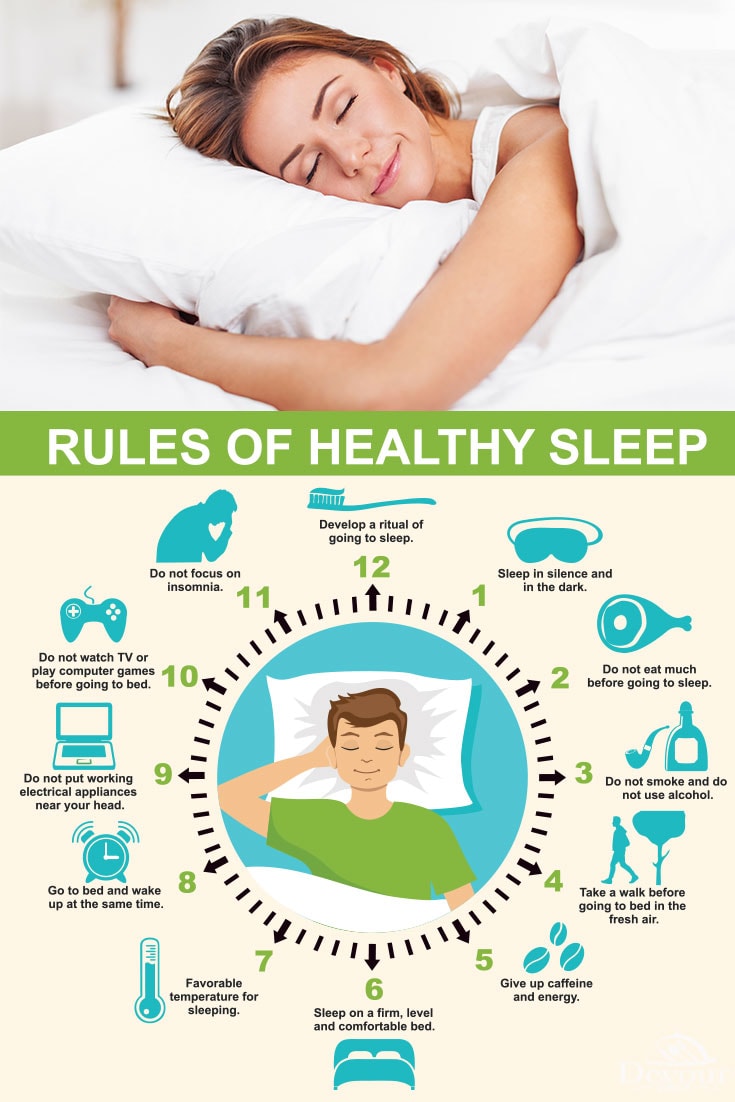


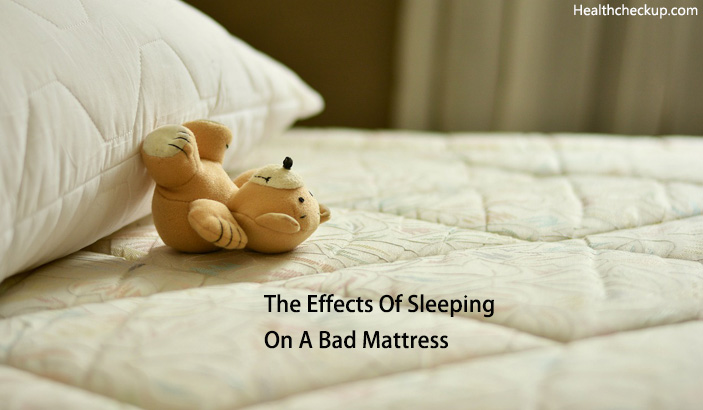










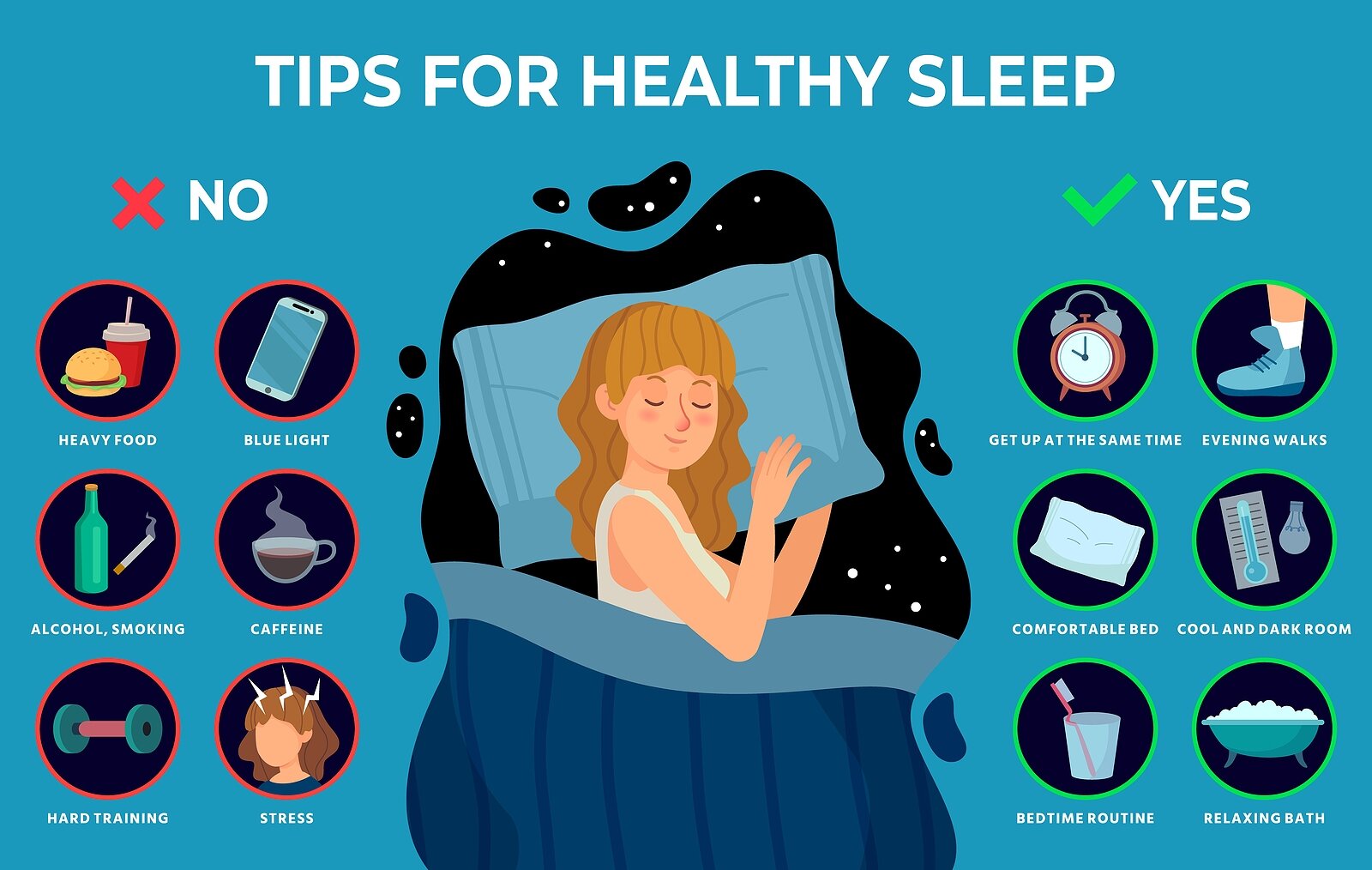






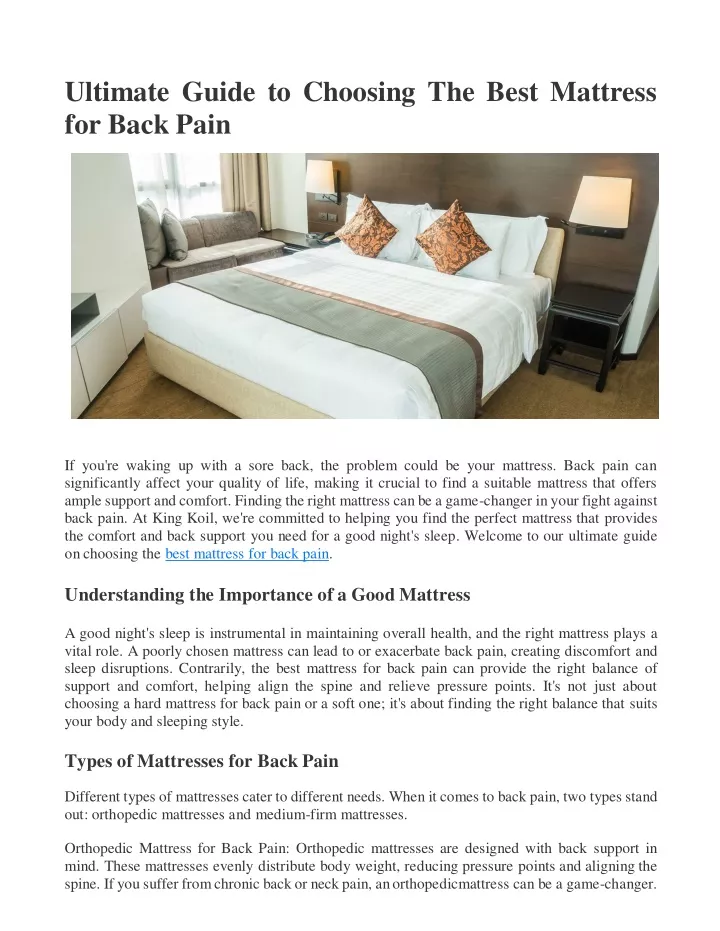
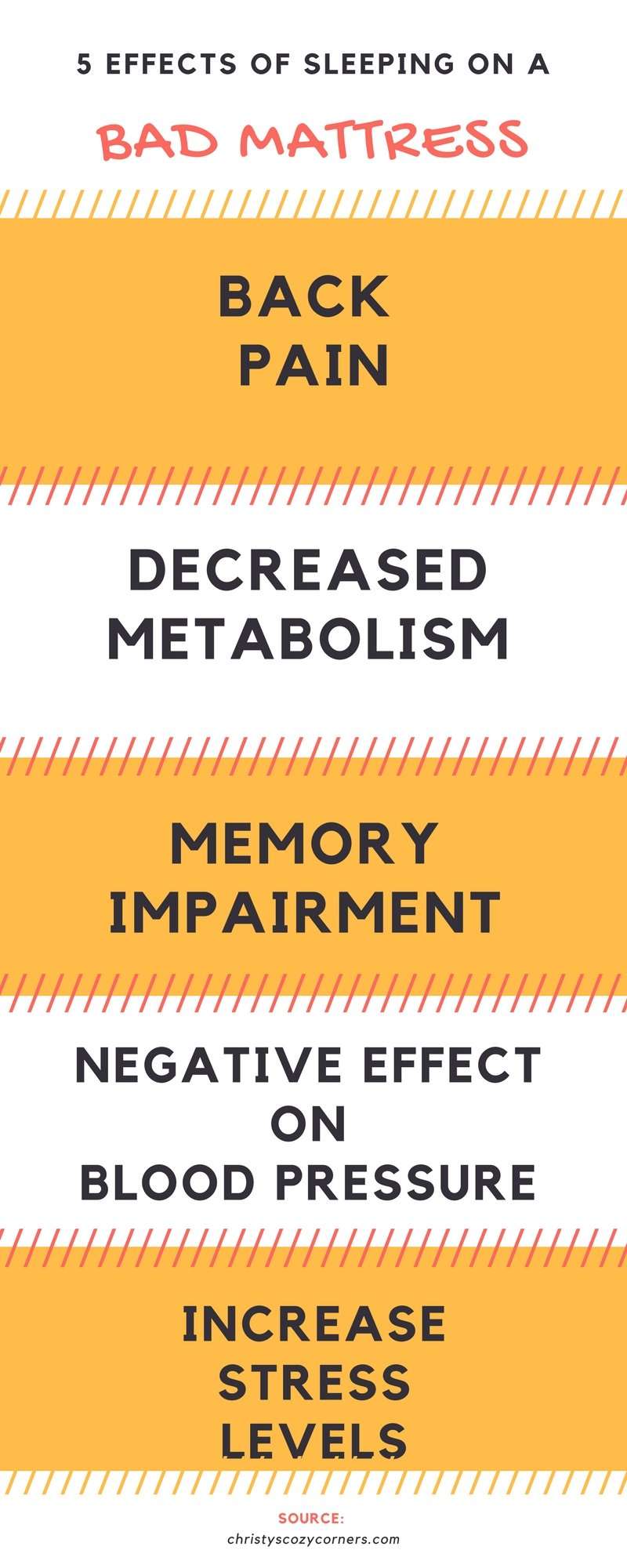



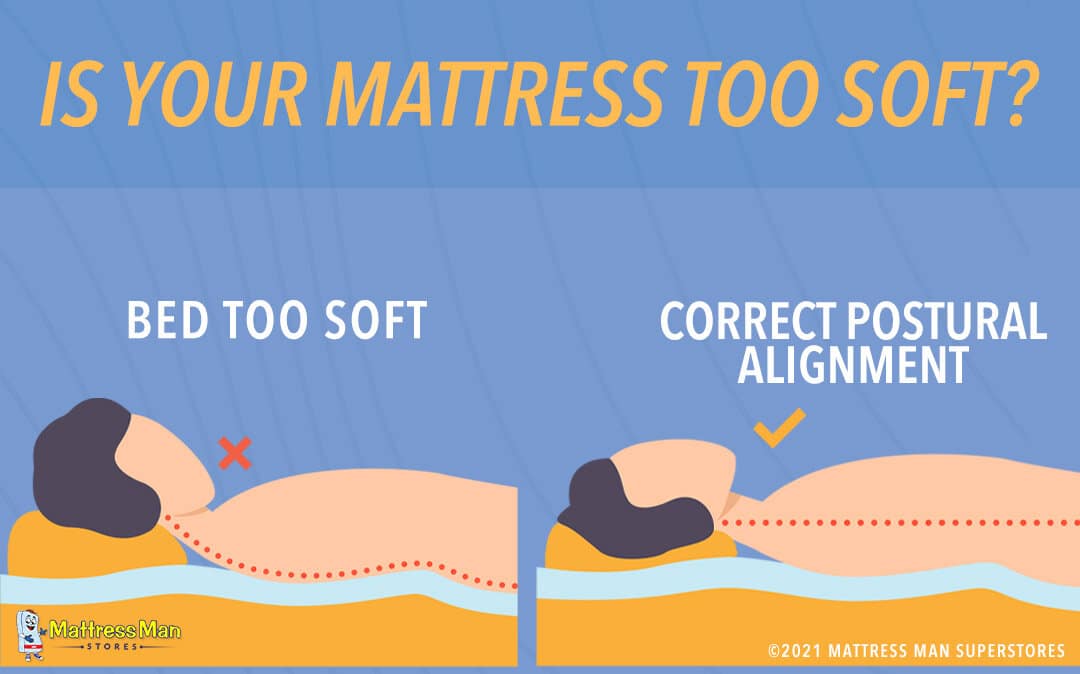






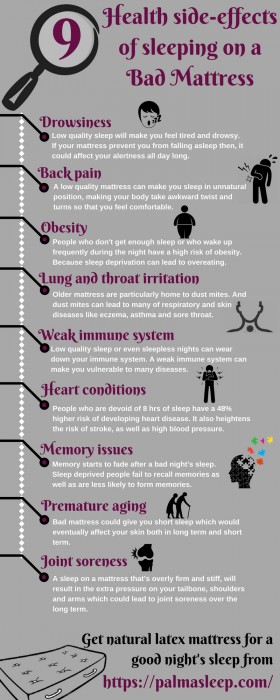
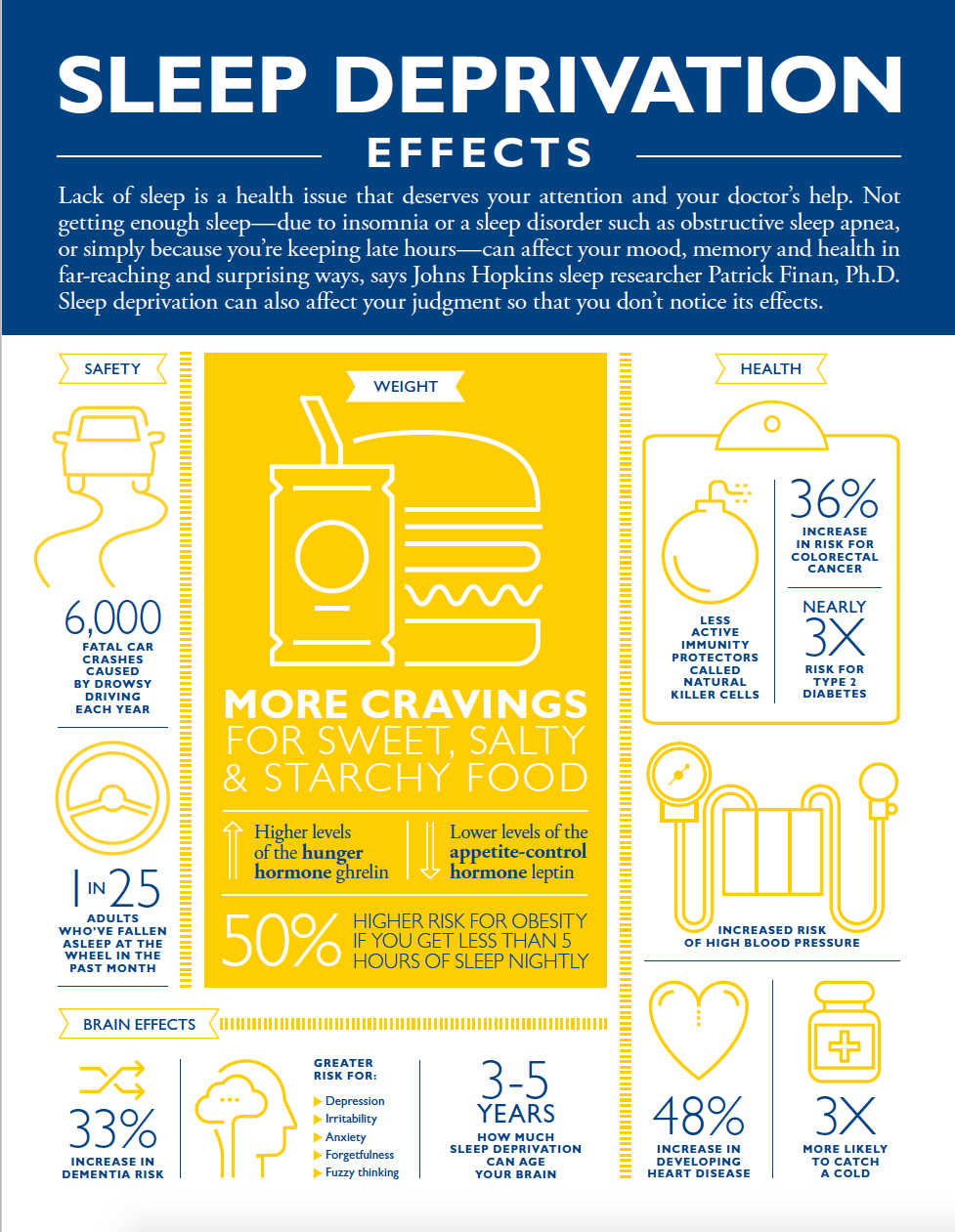







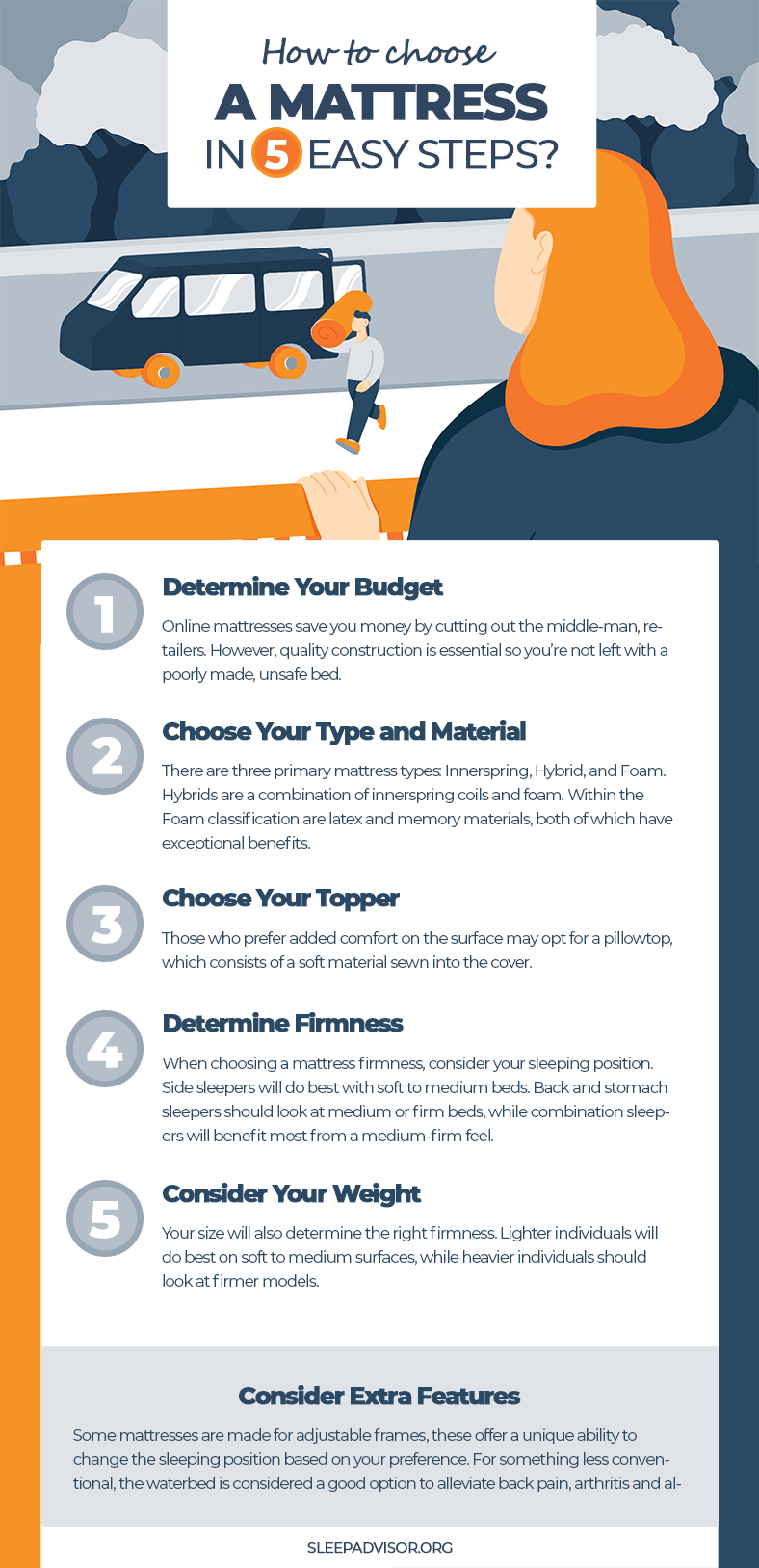
































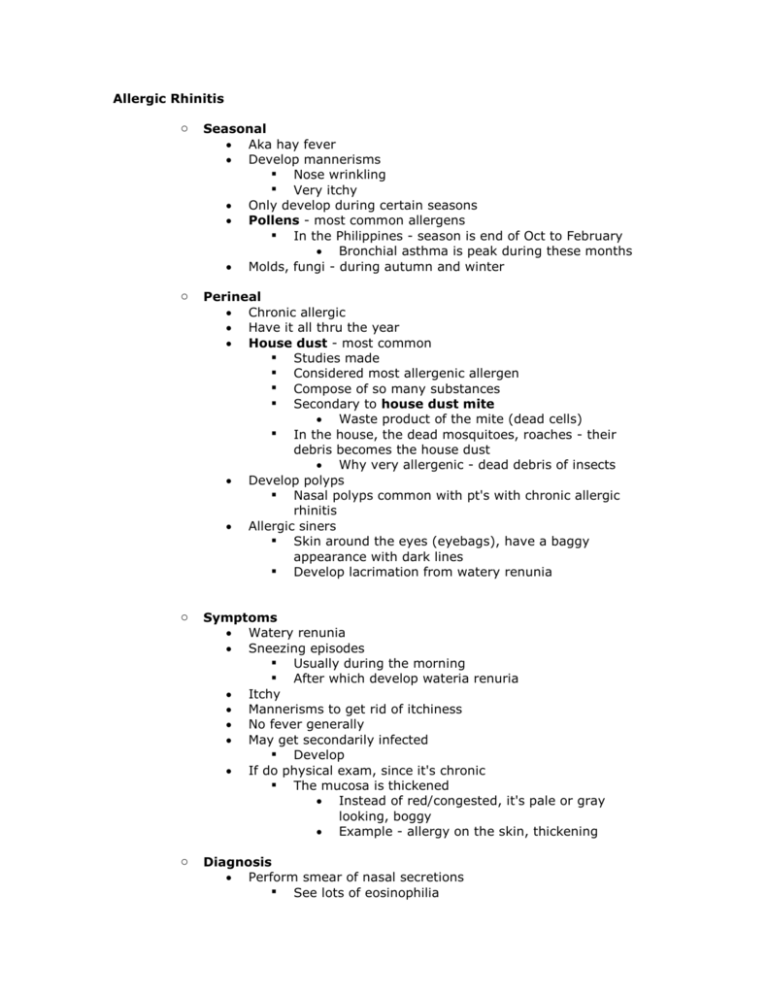









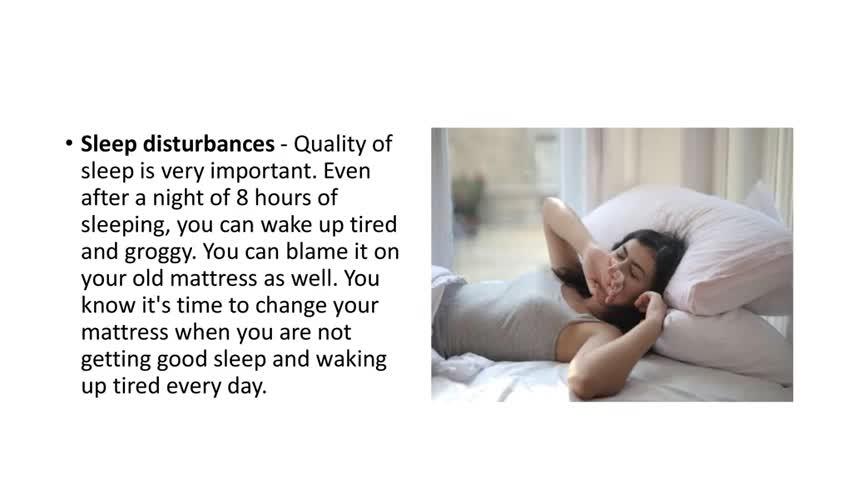











/small-living-room-ideas-4129044-hero-25cff5d762a94ccba3472eaca79e56cb.jpg)


